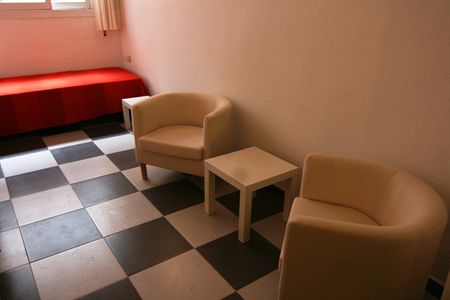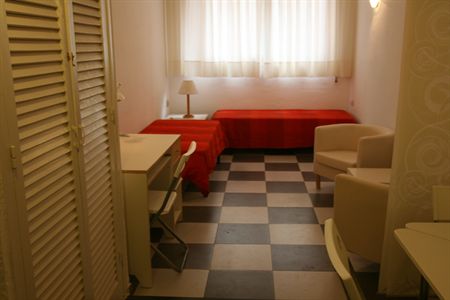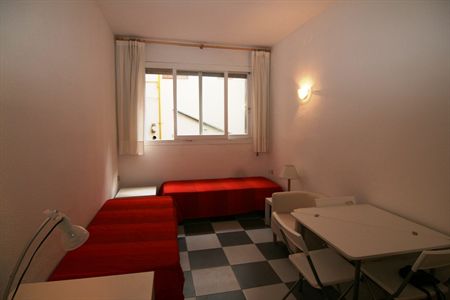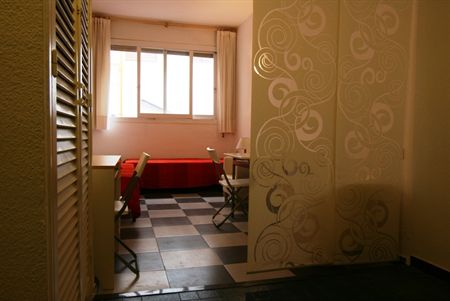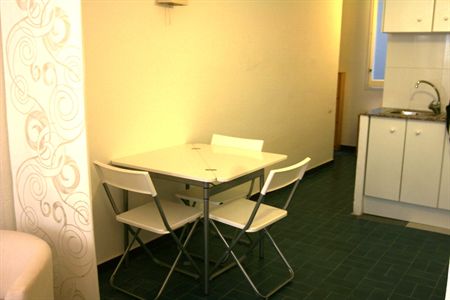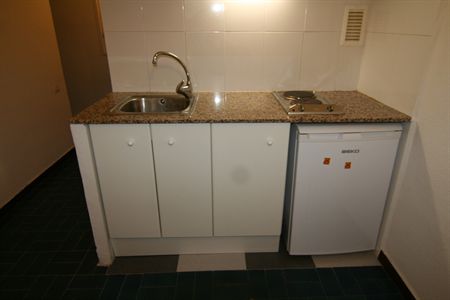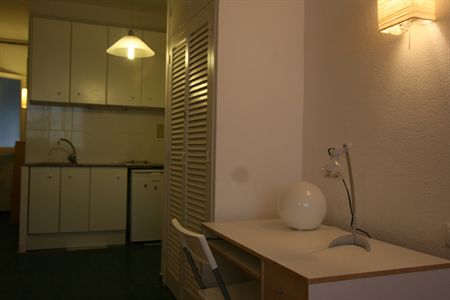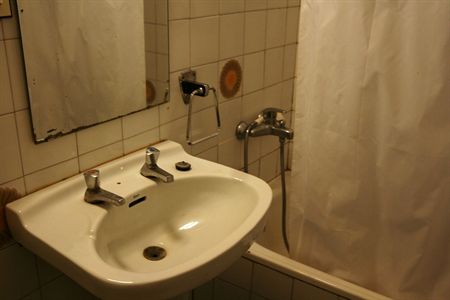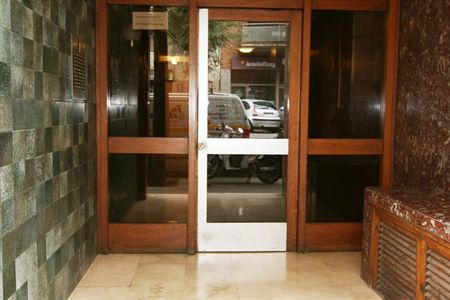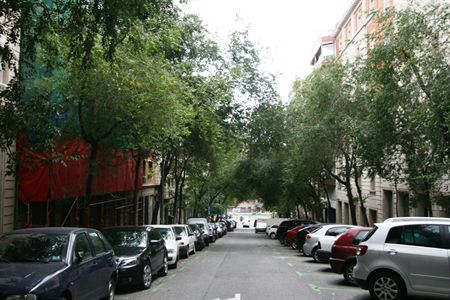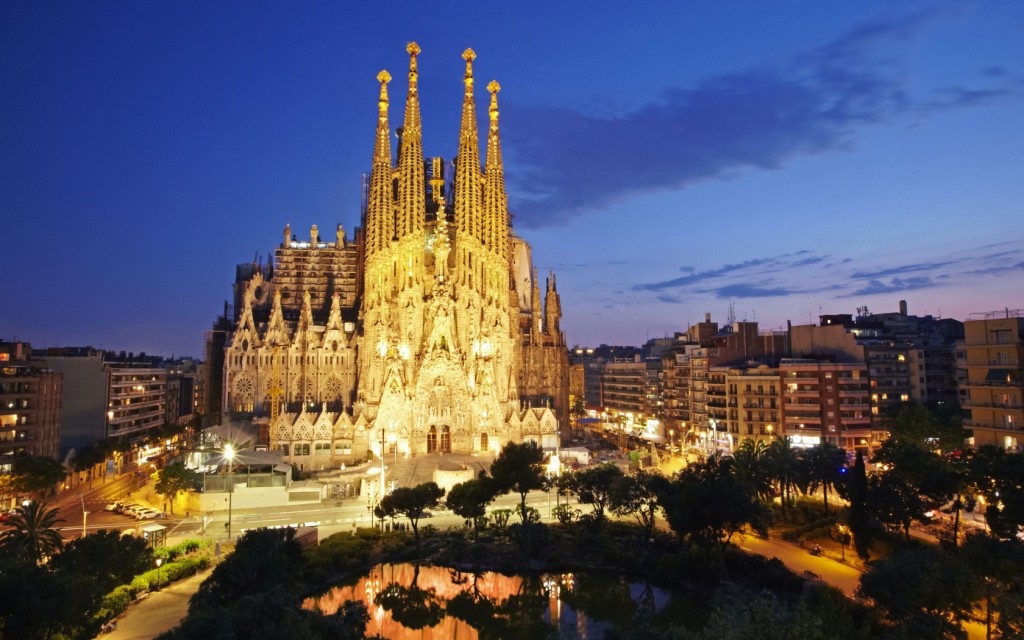Barcelona is today one of the world's leading tourist, economic, trade fair/exhibitions and cultural-sports centres, and its influence in commerce, education, entertainment, media, fashion, science, and the arts all contribute to its status as one of the world's major global cities.[9][10] It is a major cultural and economic centre in southwestern Europe (Iberian Peninsula), 24th in the world (after Zürich, before Frankfurt)[11] and a growing financial centre (Diagonal Mar and Gran Via). It is the fourth economically powerful city by GDP in the European Union and 35th in the world with an output amounting to €177 billion.[12] As of 2009 the city was ranked Europe's third and one of the world's most successful as a city brand.[13] At the same time, the city was ranked Europe's fourth best city for business and fastest improving European city, with growth improved by 17% per year.[14] Barcelona is a transport hub with one of Europe's principal seaports, an international airport which handles above 35 million passengers per year, an extensive motorway networkand a high-speed rail line with a planned link to France and the rest of Europe
Nightlife info
Barcelona is a city known for its amazing nightlife. There is a huge variety in bars, pubs and clubs. From a tiny, cozy traditional Spanish bar to a lot of different amazing clubs. The entrances for the clubs vary from 10 Euros to a maximum of 25 Euros. Although you can gain free entry into many of the top venues on special guestlists that are open for anyone to use, (you just need to know what to quote on the door).
The great party in Barcelona are also the erasmus parties in Barcelona. You can go out every night of the week if you´re willing to. There are special theme nights on almost every night. Like the ´Love Mondays´ at Opium Mar and the ironically named ´Crappy Tuesday´ at Apollo for example. It's all about finding your own cup of tea.. or something a little stronger! During the summer, Barcelona´s nightlife becomes even more varied - with open air cinemas, live dj sets on rooftops, and paradise beach bars springing up all over the city.
Fridays and Saturdays are dominated by a cosmopolitan mix of tourists, and stag & hen parties. Sunday nights are busy with locals as many shops and restaurants are closed on Mondays. Most of the action is centred around La Rambla, the wide boulevard stretching from Placa de Catalunya to the Port Vell. There are usually street entertainers wowing the crowds - mime artists, clowns, acrobats, flamenco dancers etc. Wandering the streets adjacent to La Rambla - the Gothic district (Barrí Gotic), Raval and Born will reveal many fun bars, often aimed at students and budget travelers.
Culture and history info
The origins of Barcelona date back to the first century BC, when the Romans established a small colony around Mont Tàber (Taber Hill) called Barcino. The remains of two Roman walls bear witness to this time.
From the 4th to the 13th centuries, Barcelona expanded and consolidated the urban centre established by the Romans. At the end of the 13th century, a second wall was built, around the Santa Maria del Mar church, a symbol of medieval Barcelona. This was where the Ribera barri arose, the neighbourhood of craftspeople.
The fruitful medieval period established Barcelona's position as the economic and political centre of the Western Mediterranean. The city’s Gothic Quarter bears witness to the splendour enjoyed by the city from the 13th to the 15th centuries.
From the 15th to 18th centuries Barcelona entered a period of decline, while it struggled to maintain its economic and political independence. This struggle ended in 1714, when the city fell to the Bourbon troops and Catalonia’s and Catalans’ rights and privileges were suppressed.
The 20th century ushered in widespread urban renewal throughout Barcelona city, culminating in its landmark Eixample district, which showcases some of Barcelona’s most distinctive Catalan art-nouveau, or modernista, buildings. The Catalan Antoni Gaudí, one of the most eminent architects, designed buildings such as the Casa Milà (known as La Pedrera, the Catalan for stone quarry), the Casa Batlló and the Sagrada Família church, which have become world-famous landmarks.
The freedoms achieved during this period were severely restricted during the Civil War in 1936 and the subsequent dictatorship. With the reinstatement of democracy in 1978, Barcelona society regained its economic strength and the Catalan language was restored. The city's hosting of the 1992 Olympic Games gave fresh impetus to Barcelona's potential and reaffirmed its status as a major metropolis.
In 2004, the Forum of Cultures reclaimed industrial zones to convert them into residential districts. An example of the renewed vigour with which Barcelona is looking towards the 21st century


